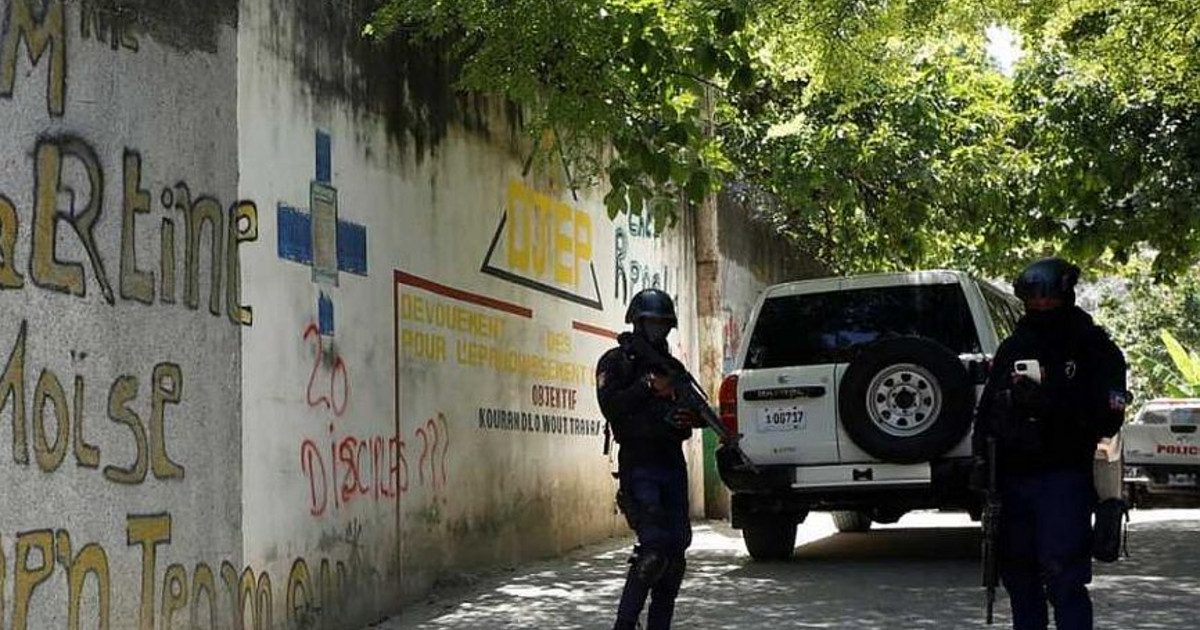The vote in the second round of the Proposal for Amendment to the Constitution (PEC) of the Precatório is scheduled for this Tuesday (9) in the Chamber of Deputies. Parliamentarians also need to vote on the highlights presented by the parties in an attempt to change parts of the text approved in the first round vote, held in the early hours of Thursday (4), when the proposal was approved by 312 votes to 144.
In order to be approved, the PEC must have 308 votes in each of the rounds, and then it can be evaluated by the Senate.
For analysts heard by CNN Brasil, the eventual approval of the proposal should not have the same impact as the first round of voting, when the Ibovespa closed the session with a drop of 2.09%, to 103,412.09 points, and the dollar had a high of 0.35%, ending to R$ 5.60 on sale.
For the chief economist of Banco Inter Rafaela Vitória, a good part of the market has already reacted very negatively to the PEC dos Precatório and, the possible approval of the proposal expected for this week, could bring a “relief” due to the end of the uncertainty on the subject .
The PEC dos Precatórios is the government’s solution to make room in the tight 2022 budget and, with that, free up funds to accommodate a new turbocharged Brazil Aid. “In the market, no one discusses the validity of this new program and the need to even increase this expense, eventually even extrateto. The big questioning of the market is how this will be done and other expenses that may come together, the fact of having a definition this week it can bring some relief”, he says.
Alexandre Schwartsman, economist and former director of the Central Bank (BC), also assesses that, if the proposal is approved this week, the impact on the market should be smaller, even if negative.
“There is all the uncertainty of the second round, but the impact will be smaller. Negative, no doubt, but in general the market has already agreed that this should be approved. The reaction should be negative, but modest.”
According to Rafaela Vitória, despite a bad solution, the PEC may be the most acceptable among the possibilities. “It’s very bad, very difficult to defend [a PEC]. Postponing precatório was a very unhappy option of Congress with the government. But in fact, if we go back to square one, we’ve already seen options without a ceiling, it could be an even worse result.”
For economist Zeina Latif, if the government had made efforts to not have to relax the spending ceiling rule, even if the attempt was unsuccessful, it would already be a sign of commitment for the market. “We wouldn’t have all this pressure on the dollar, as well as a worsening in the markets and, consequently, in inflation and interest rates”, says the economist.
Latif also claims that the government has yet to prepare for the transition plans from Bolsa Família to Auxílio Brasil. “The government had to have prepared for this. There were more efficient ways to create Auxílio Brasil or a new aid other than Bolsa Família. To start with, the parliamentary amendments themselves, which we are talking about here at around R$ 15 billion. It would be a more efficient solution.”
Another issue pointed out by the economist and president of Insper Marcos Lisboa is that the PEC dos Precatórios is that it releases much more resources than necessary to expand Bolsa Família, which apparently, he says, are going to other uses, such as expanding the electoral fund . “The increase in Bolsa Família became a locomotive, albeit a welcome one, but bringing a series of interests that are being little discussed”.
The senior economist at the IFI (Independent Fiscal Institution in the Federal Senate) Alexandre Andrade points out that the government would have the cost-cutting solution to pay R$ 400 in Brazil Aid. According to the IFI’s accounts, he says, the amount needed to grant beneficiaries a monthly amount of R$400 would be around R$47 billion. With Bolsa Família’s current budget of around R$35 billion, the additional amount could be achieved by cutting other budget expenditures. “It would not be necessary to postpone the payment of some court orders, limiting this expense, or even promoting some holes in the spending ceiling.”
These votes include the main points of the PEC, such as limiting the amount of annual expenses with court orders, changing the way to calculate the spending ceiling and the priority of payment of court orders from the former Fund for the Maintenance and Development of Elementary Education and Enhancement of the Magisterium (Fundef).
Reference: CNN Brasil
I am Sophia william, author of World Stock Market. I have a degree in journalism from the University of Missouri and I have worked as a reporter for several news websites. I have a passion for writing and informing people about the latest news and events happening in the world. I strive to be accurate and unbiased in my reporting, and I hope to provide readers with valuable information that they can use to make informed decisions.






